Basics of PLant patent and trademark please
windfall_rob
11 years ago
Related Stories

URBAN GARDENSContainers Make Growing Edibles a Cinch
If life hands you a lack of land, grow lemons — with a few basics, you can proudly reap the fruits, veggies and herbs of your labor
Full Story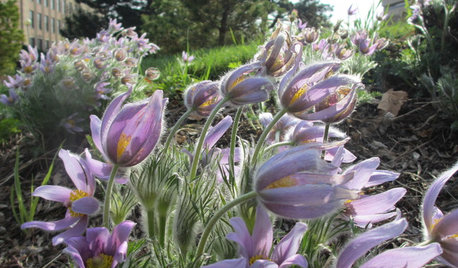
GARDENING GUIDES6 Plants That Beat Butterfly Bush for the Wildlife Draw
It's invasive, a nonnative and a poor insect magnet. Check out these better alternatives to butterfly bush in the garden
Full Story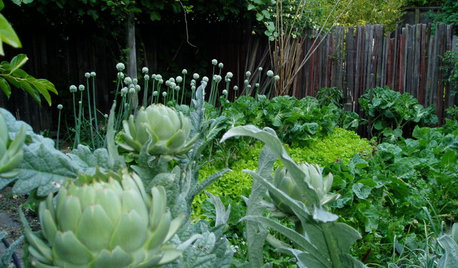
FRONT YARD IDEAS10 Ideas for a Front-Yard Edible Garden Your Neighbors Will Love
Choosing attractive, well-mannered plants and sharing the bounty will go a long way toward keeping the peace
Full Story
GARDENING GUIDESAnimate Your Garden With the Colors of Matisse
Let the bold and bright palettes of this legendary colorist energize your plantings and bring a painterly touch to your garden
Full Story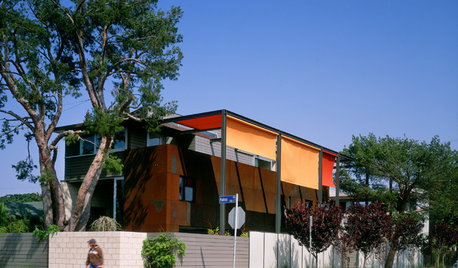
REMODELING GUIDESInteresting Industrial Materials: Cor-Ten Steel
Use the Rust-Rich Metal for a Variety of Exterior Applications
Full Story
MATERIALSMaterials Workshop: Polycarbonate — a Low-Cost Alternative to Glass
Looking for something lighter, stronger and less expensive than glass? Multiwall polycarbonate may be a good option
Full Story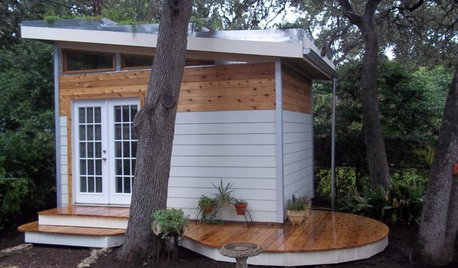
MOST POPULARHow to Add a Backyard Shed for Storage or Living
Need a home office, a playspace or extra room for your stuff? Learn about off-the-shelf, prefab and custom sheds
Full Story
FUN HOUZZDo You Dare Bring Home Some Liberace Razzle-Dazzle?
A new HBO movie highlights the ultimate showman's over-the-top bling all around the house
Full Story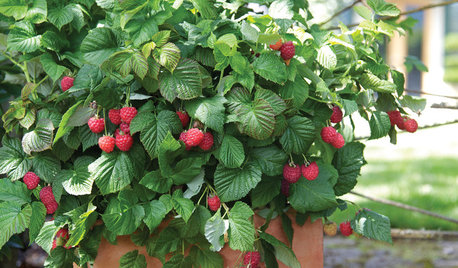
CONTAINER GARDENSPatio-Perfect Berry Bushes Like You’ve Never Seen
Small enough for pots but offering abundant fruit, these remarkable bred berries are a boon for gardeners short on space
Full Story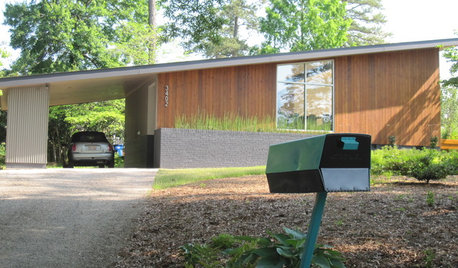
MIDCENTURY STYLEFollow One Man’s Midcentury-Mailbox Dream
An ill-fitting mailbox leads a determined dad on a quest — and possibly to a new business
Full Story





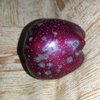
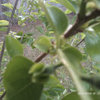
Scott F Smith
Fascist_Nation
Related Professionals
Allentown Landscape Architects & Landscape Designers · Maple Valley Landscape Architects & Landscape Designers · Havre de Grace Landscape Architects & Landscape Designers · Milwaukee Landscape Architects & Landscape Designers · Salem Landscape Architects & Landscape Designers · Berkeley Heights Landscape Contractors · Cicero Landscape Contractors · Hannibal Landscape Contractors · Kaysville Landscape Contractors · Laguna Hills Landscape Contractors · Natick Landscape Contractors · Overland Park Landscape Contractors · Paterson Landscape Contractors · Riverview Landscape Contractors · Markham Landscape ContractorsFascist_Nation